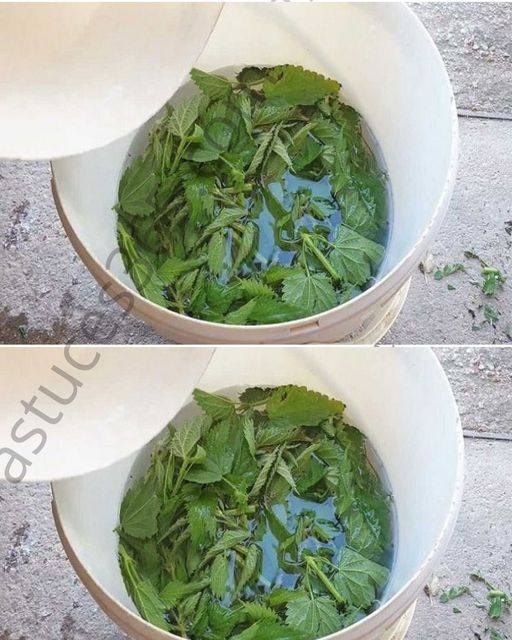Compost improves the texture of the soil, making it looser and well aerated. This promotes better water retention and air circulation, which is essential for root growth.
Enrichment of soil microbiota : Compost nourishes beneficial soil microorganisms, thus promoting soil biodiversity. These microorganisms help decompose organic matter and maintain healthy soil.
Waste Reduction : Composting organic waste reduces the amount of waste sent to landfill, which has a positive impact on the environment by reducing the production of greenhouse gases.
2 – The natural insecticide: neem oil
Neem oil, extracted from the seeds of the neem tree (Azadirachta indica), is a powerful natural insecticide that has been used for centuries in many crops. Here’s why neem oil is considered one of the most effective natural insecticides:
Action on many pests : Neem oil is effective against a wide variety of pests, including aphids, caterpillars, mites, whiteflies, and many others.
Safety for Pollinators : Unlike many chemical insecticides, neem oil tends to be safe for pollinators, such as bees, when used correctly.
Food Deterrent : Neem oil disrupts the feeding of harmful insects, preventing them from feeding properly. This results in a reduction in their ability to cause crop damage.
Long-term action : Neem oil continues to protect plants for an extended period after its initial application, providing continued protection against pests.
3 – How to use these natural resources
Using compost as fertilizer is relatively simple. It can be applied on the surface or mixed into existing soil. However, it is essential not to use excess, as this could unbalance the soil.
To use neem oil as an insecticide, you can make a solution by mixing neem oil with water and spraying it on the plants. Always follow the specific application instructions for each neem product.
Continue Reading in next page

